The challenge prize Ratkaisu 100 empowered the 15 teams that participated in an incubation process involving teaching entrepreneurial skills and fortitude, familiarizing participants with the idea of combining social value and economic viability, and building networks. This way the challenge prize increased the readiness of participants to fundamentally transform society.
These are the main findings of the researchers that compiled the report The impact of challenge prize “Ratkaisu 100” three years on. The competition organized by Sitra took place between 2016 and 2017.
The report sums up the lessons for future challenge prize organisers to help them move from triggering new teams in the short term to supporting resilient social innovation teams and transformations over years. It sheds light on the paths change agents are taking and on the kind of environment that would make their journey easier.
“Social challenge prizes are basically about finding effective solutions. They can, if not fully resolve, at least alleviate socially significant problems. We need open innovation processes such as challenge prizes because societal problems are so complex and important that the burden cannot be borne by only a few,” comments Riina Pulkkinen leading specialist and a member of Ratkaisu 100 organizing team from Sitra.
Bottleneck: weak responsiveness to change in the outside world
The journeys of the teams varied dramatically, both during the competition and also subsequently when they were put to the test in the ‘real world’.
There are four contrasting case narratives in the report that demonstrate how the teams and their ideas have developed. The report is based on qualitative in-depth interviews conducted in June 2020 with members of each of the 15 teams that participated in the six-month incubation phase of the challenge prize.
Many teams found that prevailing ways of doing things — including procurement processes in the public sector — were resistant to new ideas and vehicles for change. They rarely welcomed small teams striving to create big social innovation and changes.
Sectoral logics, values, and ways of working are firmly embedded both in the public and the private sectors. According to the researchers who authored the report, transforming such logics and re-solving collaborative bottlenecks are a challenge that may require considerable further efforts by intermediaries.
“Innovation intermediaries, such as Sitra, need to to play an even more active role in making stakeholders across sectors receptive and responsive to the ideas, proposals and solutions of small teams. Only this way, the teams can collaboratively pursue fundamental socially beneficial changes”, the report states.
We seek to trigger a richer discussion on how challenge prizes can fulfil their potential as vehicles of challenge-oriented innovation policy.
Read more!
Sitra studies 179
The impact of challenge prize “Ratkaisu 100” three years on
– Teams, idea journeys and lessons for future organisers
Tuukka Toivonen, Emma Nordbäck, Ville Takala
January 2020
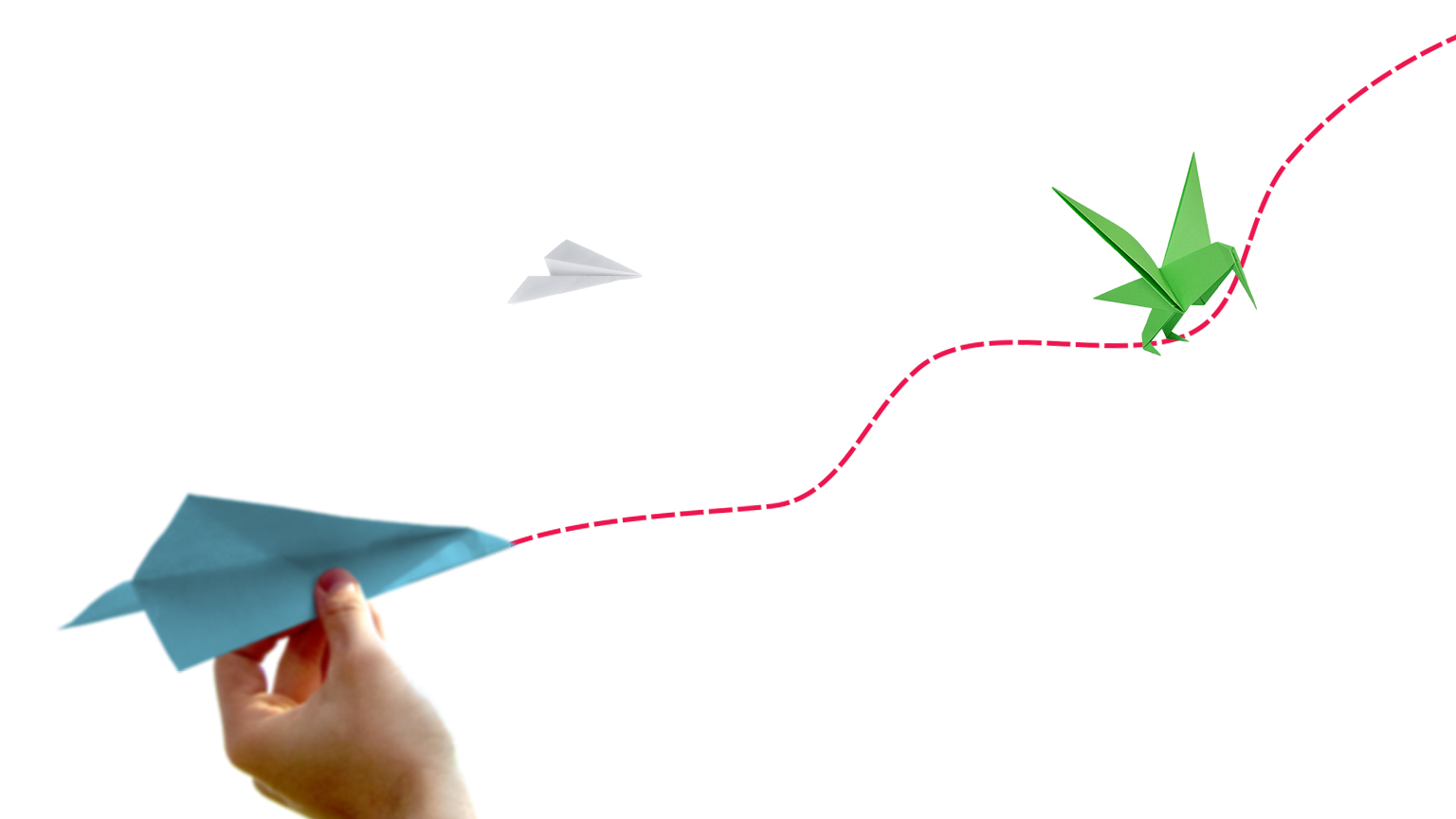

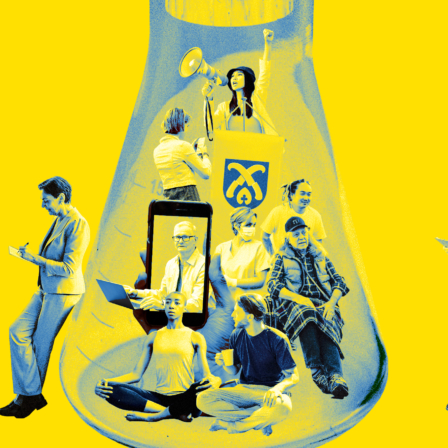
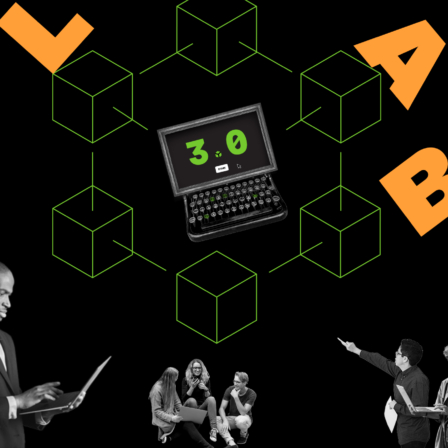
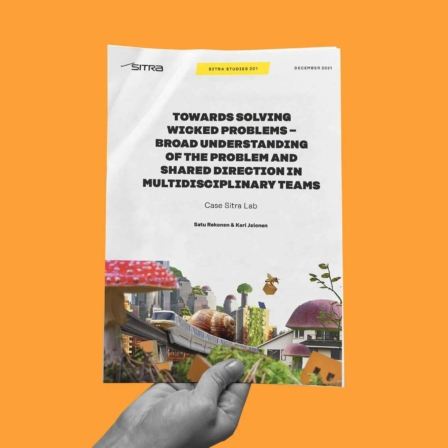

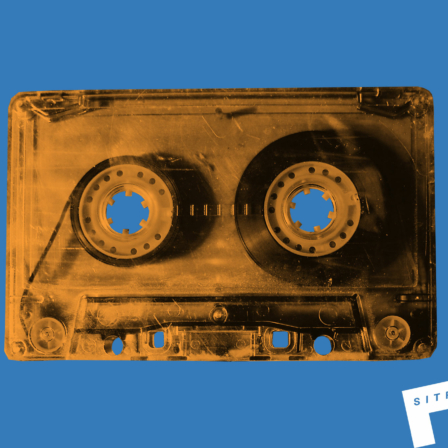


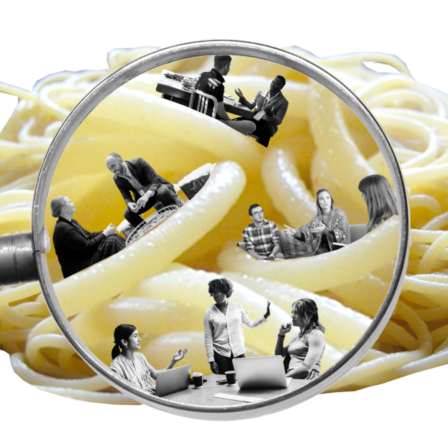

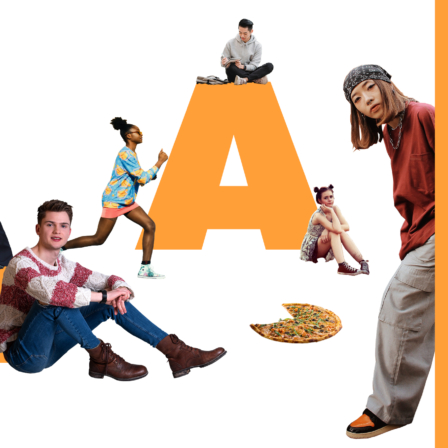




Recommended
Have some more.